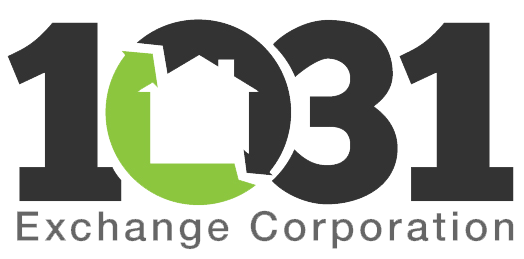The use of property can be changed. Investment property can be converted to a personal residence and a personal residence or vacation home can be converted to investment property.
It may be advantageous to convert a vacation or second home to an investment property or to convert an investment property to a personal residence. If you decide to change the use of property, it is important to document facts that support the change. Evidence that use has changed might include evidence of leasing the property or exclusion of the property from personal use.
A change in use too quickly can result in an IRS challenge of an exchange. For instance, if you acquire a residential property as an investment and move into the property shortly after purchase, the IRS may assert that you acquired the property for use as a personal residence. There is no hard and fast period of time in which a property must be owned before it is safe to convert to personal use. However, if you hold the property as investment property for a year or longer, there is little possibility that the IRS will challenge the exchange.
A change or circumstance can permit a conversion much sooner than might otherwise be permitted. For instance, if you acquired a residence as an investment and soon thereafter lost your primary residence to a fire, you should be able to move into the investment property without jeopardizing the exchange.
